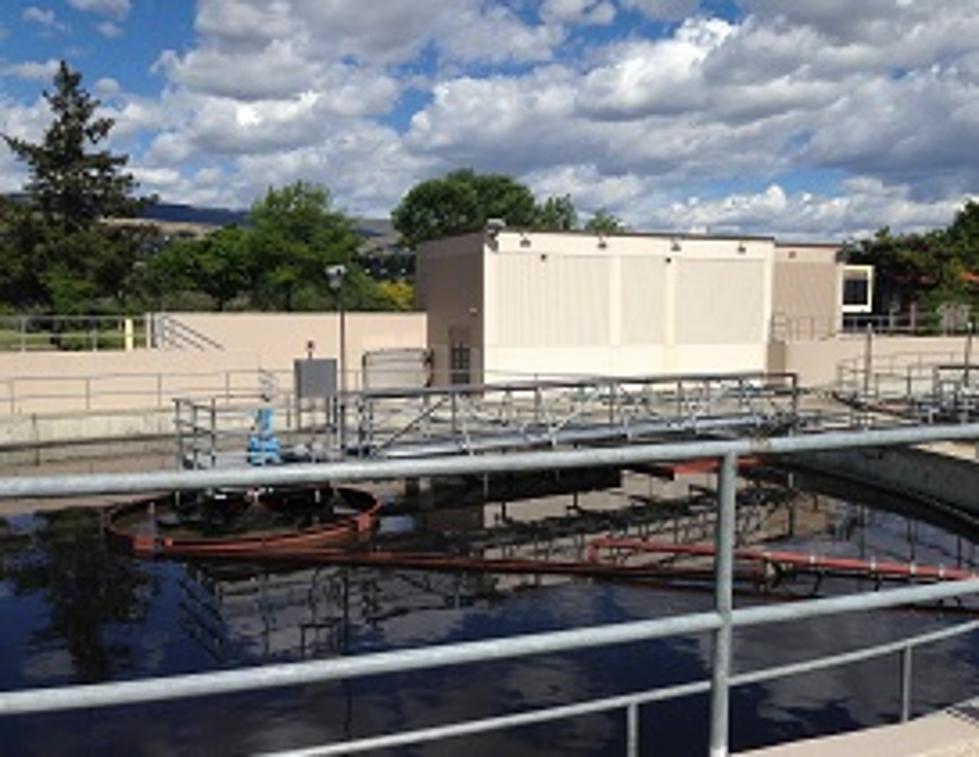
Cascades See Boost to Snowpack with Weekend Storms
The snowpack in the Cascades of North Central Washington is getting replenished after lack of storm over the last month and a half.
National Weather Service meteorologist Laurie Nisbet says Stevens Pass received 23 inches of snow overnight Saturday into Sunday, which is significant.
"That is significant," said Nisbet. "They haven't seen that much snow since the pass was closed in early January."
Stevens Pass received 68.5 inches of snow over a six-day period between Jan. 3-8. The top day for accumulation in that stretch was 19 inches on Jan. 6.
Sunday's dump of 23 inches is the biggest single day of snowfall at Stevens Pass since winter began. There were six more inches reported at the pass as of early Monday morning.
Nine inches of snow was reported at I-90 Snoqualmie Pass on Sunday, and five additional inches as of early Monday.
An update on snowpack levels in the mountains should be released Monday. The last report from the National Water and Climate Center showed the Central Columbia Basin at 89% of normal snowpack.
A buildup of snowpack is needed for water supply and irrigation in the region.
The runoff of snow also helps with river flow and reducing the severity of wildfires.
Nisbet says the Cascade Mountains will likely get even more snow into late spring, although areas like the Wenatchee Valley won't see much more accumulation.
"We're getting later in the season," Nisbet said. "We're having longer days. The sun angle is higher. Toad temperatures are getting warmer throughout the day. So, the chance of accumulating snow and it lasting in the valley would be pretty small."
More From NewsRadio 560 KPQ









